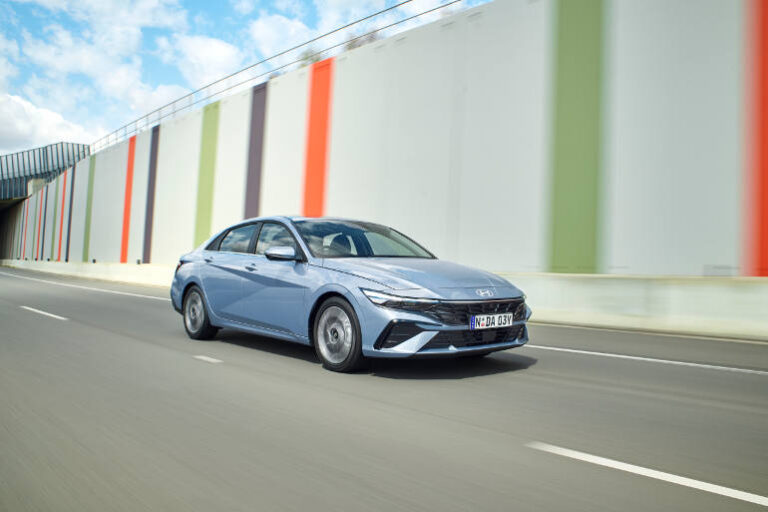Australasia’s independent vehicle safety authority, ANCAP SAFETY, has awarded a three-star safety rating to the Hyundai i30 Sedan, covering hybrid and facelifted petrol models sold in Australia from October 2023 (excluding the i30 Sedan N). The rating reflects a pivotal shift for fleet managers, signalling that top-tier safety will come at a premium.
Safety Features Vary Across Variants
The Hyundai i30 Sedan range highlights the growing disparity in safety features between model variants. While all hybrid models boast Hyundai Smartsense as standard, the base model includes only 11 safety technologies. Stepping up to the Elite model adds three more, while the Premium model offers an expanded suite of 18 safety features. Notable advanced features found on the Premium model include:
- Blind-Spot View Monitor (BVM)
- Surround View Monitor (SVM)
- Parking Collision-Avoidance Assist – Rear (PCA-R)
- Rear Cross-Traffic Collision-Avoidance Assist (RCCA)
- Safe Exit Warning (SEW)
- Blind-Spot Collision Avoidance-Assist (BCA)
These omissions in the lower-tier models, particularly the absence of advanced autonomous emergency braking (AEB) systems and blind-spot monitoring in the base variants, contributed to the three-star ANCAP rating.
Cost of Five-Star Safety
Carla Hoorweg, ANCAP Chief Executive Officer, underscored the implications for fleet managers and consumers. “The Hyundai i30 is a popular choice within the Small Car segment, and the addition of the hybrid powertrain this year broadens consumer interest. This underscores the importance of having an independent safety rating available for this model – so consumers and fleets can make informed decisions around safety and determine which model is right for them.”
While acknowledging Hyundai’s strides in alternative powertrains, Hoorweg expressed disappointment over the missed opportunity to enhance safety during the mid-cycle facelift. “The Australian Government’s recent New Vehicle Emissions Standards (NVES) is helping to provide vehicle manufacturers with the confidence to introduce more alternative-powered models into the Australian market, yet we had hoped Hyundai would have used this mid-cycle facelift opportunity to elevate the safety performance of the i30 Sedan.”
A Warning to Fleet Managers
For fleet managers, this serves as a stark reminder: safety enhancements come at a cost. A five-star ANCAP rating, which represents the gold standard in occupant and road-user protection, is no longer standard but requires investment in higher-spec models.
Hoorweg stressed the importance of prioritising safety, particularly for smaller vehicles. “Hyundai has shown that they can deliver five-star safety, and we believe the i30 Sedan could achieve this with the right safety enhancements. Smaller vehicles are inherently more vulnerable due to their size, so it’s particularly important for manufacturers to prioritise safety to protect occupants and other road users.”
Implications for Fleet Planning
As safety becomes increasingly tied to variant and price, fleet managers must weigh the trade-offs between cost and protection. The Hyundai i30 Sedan’s three-star rating highlights a new era where top-tier safety is not a given, even for trusted brands. Full details of the ANCAP rating can be reviewed on the ANCAP website, aiding fleets in navigating these evolving safety standards.
By investing in higher-tier models, fleet managers can ensure they align with modern safety expectations, protecting drivers and other road users while maintaining compliance with corporate and regulatory safety standards.






